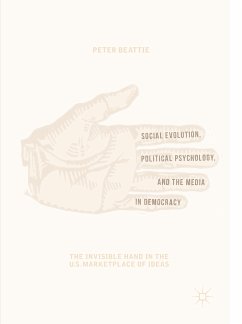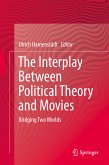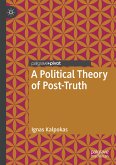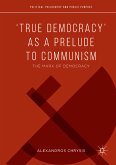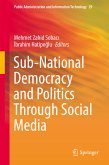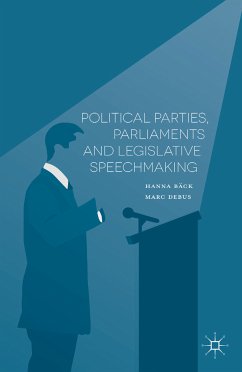Dieser Download kann aus rechtlichen Gründen nur mit Rechnungsadresse in A, B, BG, CY, CZ, D, DK, EW, E, FIN, F, GR, HR, H, IRL, I, LT, L, LR, M, NL, PL, P, R, S, SLO, SK ausgeliefert werden.
"This is a really interesting book, which can provide the basis for a novel approach to understanding of media effects, and a series of testable hypotheses which can be the basis for further empirical work." (Sharon Coen, The International Journal of Press/Politics, February 1, 2020)
"The book 'explains how 'an invisible hand' creates a de facto propaganda system within the American marketplace of ideas' ... . Peter Beattie's thought-provoking book has a lot to offer to students and scholars interested in the link between media and democracy." (European Journal of Communication, Vol. 34 (2), 2019)

